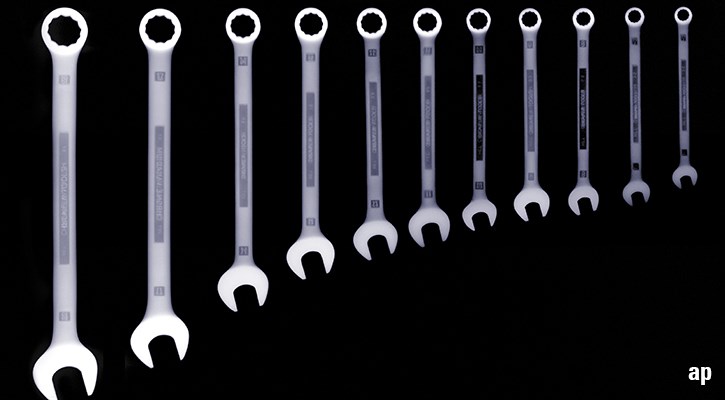
If you had a defined contribution (DC) or “pot of money” type pension prior to the introduction of Pension Freedoms in 2015, you generally had to use the money to buy an annuity paying a guaranteed income for life.
That route provided security and peace of mind. However, annuities are inflexible, provide poor value (£100,000 used at age 65 to buy an annuity on a single life, with no inflation link or guarantee, would currently pay just over £5,000 a year), and cannot be passed on when you die.
2015’s new pension regime heralded a wider range of ways to fund retirement through a pension, of which the main option is income drawdown. If you take this path, you can take 25% of your fund tax-free, moving the rest into a drawdown account where it remains invested. You can then draw a taxable income to suit your requirements from the investment.
The big question, in the face of a post-working life of perhaps 30 or even 40 years and inflation that will eat away at the value of your savings, is how to ensure that your fund lasts as long as you do. This entails some work.
Excess Income or Lump Sums
First, consider what you’ve got – not just your drawdown account but maybe final salary or small DC pensions from other jobs, other savings or investments such as an Isa, and your state pension down the line (get a state pension forecast). They can all help to boost your income in retirement.
Moreover, while it’s tempting to take out the entire 25% tax-free lump sum when you access your pension, think twice if you don’t need it for anything specific. Claire Trott, divisonal director of retirement and holistic planning at St James’s Place, suggests that leaving it to grow and accessing it throughout retirement as part of your income withdrawals will help make your funds last longer.
“Taking excess income or lump sums from pensions when they are not needed can mean that you spend funds that you may need later in life,” she explains. “Additionally, bringing funds out of the tax-efficient environment of your pension and into your estate means that they no longer benefit from tax-free growth, and could also be subject to inheritance tax on your death if not spent."
For income, she suggests taking some tax-free cash from Isas and your pension, and then topping up with taxable income: “This can mean your pension fund will go a lot further in the long run.”
Chunk of Cash
One very sensible precaution to take when you are thinking about your retirement income portfolio is to keep a good chunk of cash – ideally a couple of years’ worth of income – so that if markets fall, you are not having to sell units of investment to generate income at a time when they’ve already lost value. Having cash to live off in the interim means your investments can recover untouched.
When it comes to how the money is actually invested, there’s no handy rule of thumb to calculate the return you’ll need from your investments for a sustainable income.
The aim for many people is to produce the best returns while limiting the amount of risk involved, so that the pot capital lasts comfortably as long as needed. But as Trott points out: “Others will want to preserve their funds for the next generation, which would in theory mean only spending the growth on their funds each year.”
To generate an income, you could look for investments designed to pay out on a regular basis and simply withdraw the payouts. Income-focused funds or investment trusts, invested in dividend-paying equities, interest-paying bonds, rent-paying property or alternatives such as infrastructure (or a mix), may yield 4% or more.
But it’s also possible to take a “total return” approach, investing in funds that are more focused on capital growth and taking your income from the overall increase in value. Certainly, given the possible timescale your pot needs to last, you need to look for growth-oriented as well as income-producing investments.
Good Mix of Assets
A sturdy retirement portfolio is likely to have a good mix of assets that tend to behave differently from each other in different market conditions, to help reduce overall volatility. This might be achieved through a range of bond, equity and alternatives funds or investment trusts; or you might choose a single well-diversified multi-asset fund.
If choosing your own retirement income fund feels too daunting, the Financial Conduct Authority has recently introduced the Investment Pathways scheme to help you find a suitable investment.
To make use of it, you’ll need to select a participating provider (these include insurers such as Standard Life and Prudential, Sipp platforms such as Fidelity and Hargreaves Lansdown, and other pension providers including PensionBee). The provider’s website offers an appropriate low-cost investment recommendation for each of four retirement scenarios, and you select the one most in line with your own circumstances.
Bear in mind, though, that providers do vary significantly in their approaches. The government’s MoneyHelper service provides an IP selection tool as a useful starting point to identify a provider to suit you.
Retirement income is a complex area and there’s no one-size-fits-all answer, despite the FCA’s best efforts. If you can afford specialist financial advice, this is one time in life where it really could pay dividends. If you can’t, do at least make use of the government’s free Pension Wise advisory service.



























